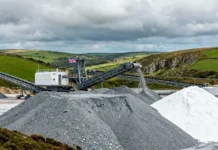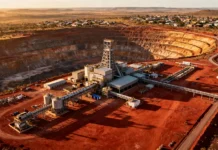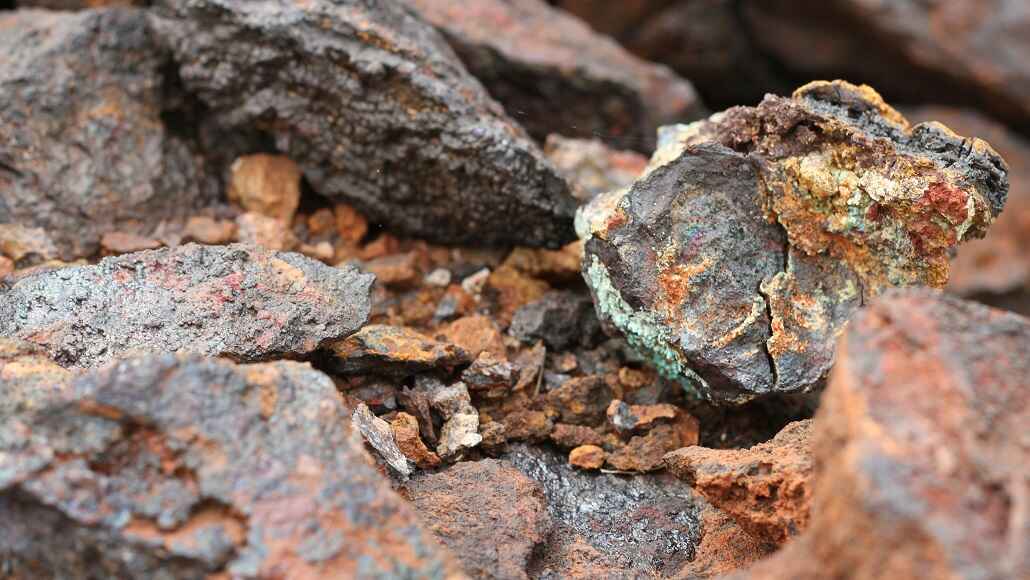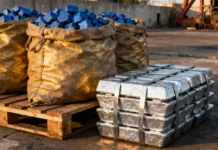Seemingly minor regulation has enormous consequences: NCPA
A small statute in the Dodd-Frank Wall Street Reform and Protection Act is wreaking havoc in the Congo, according to a new report by National Center for Policy Analysis Senior Fellow David Grantham.
“Buried deep within the massive regulatory package is a conflict minerals statute that orders publicly-owned U.S. businesses to disclose to the Securities and Exchange Commission (SEC) their use of tungsten, tin, tantalum and gold sourced from the Democratic Republic of the Congo (DRC),” says Grantham. “Dodd-Frank has engineered a de-facto international ‘boycott’ to the detriment the people it intended to help.”
Many large American companies have left or reduced operations in the DRC to avoid compliance costs and the stigma of conflict minerals. This exodus has driven many Congolese deeper into poverty, and entrenched the rebel power the mineral provision was designed to diminish.
The statute has also failed to induce companies to disclose the use of conflict minerals:
- In 2014, approximately 67 percent of 1,321 companies could not determine mineral origin.
- Two-thirds did not even disclose the country of origin.
- Less than 25 percent of companies met the requirements for reporting, while 43 percent never demonstrated how they determined the origin of minerals used in production.
- Despite an inability or unwillingness to fully answer questions posed under the statute, companies have to at least provide documentation detailing their non-answers, which has cost nearly $8 billion since the law’s inception.
“The conflict minerals statute is a microcosm of the Dodd-Frank legislation: a costly regulatory monster which not only failed to accomplish its intended purpose, but hurt those it was supposed to help,” says Grantham. “American businesses and consumers are forced to absorb the costs of the failed regulation. Congress needs to repeal the provision completely or, at minimum, amend the regulation to include a sunset clause set to expire within one year.”






















